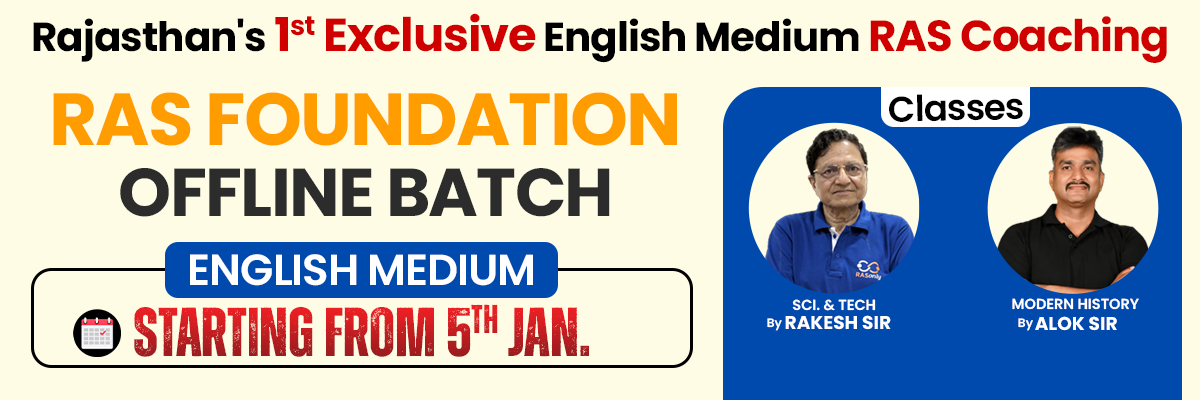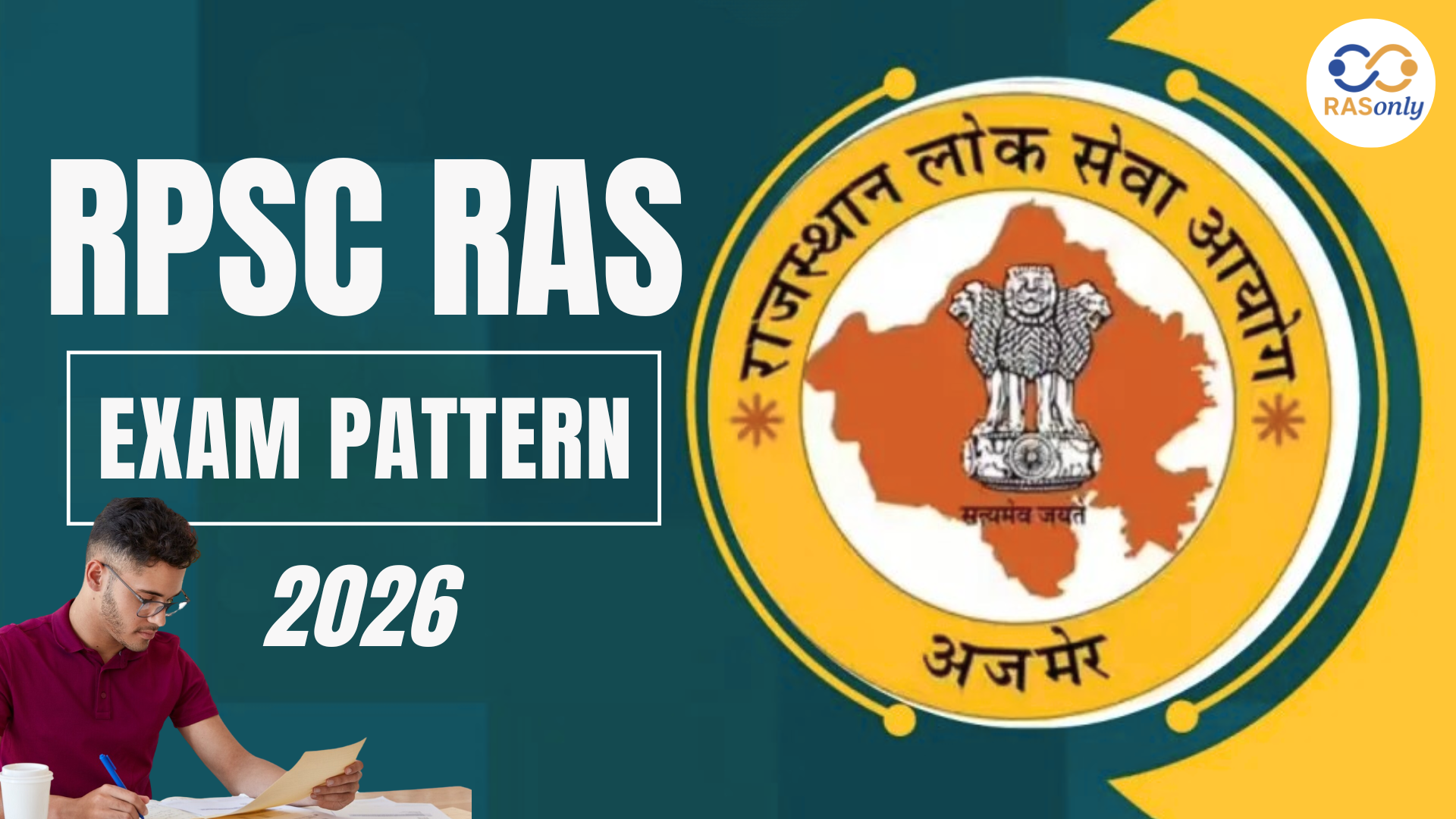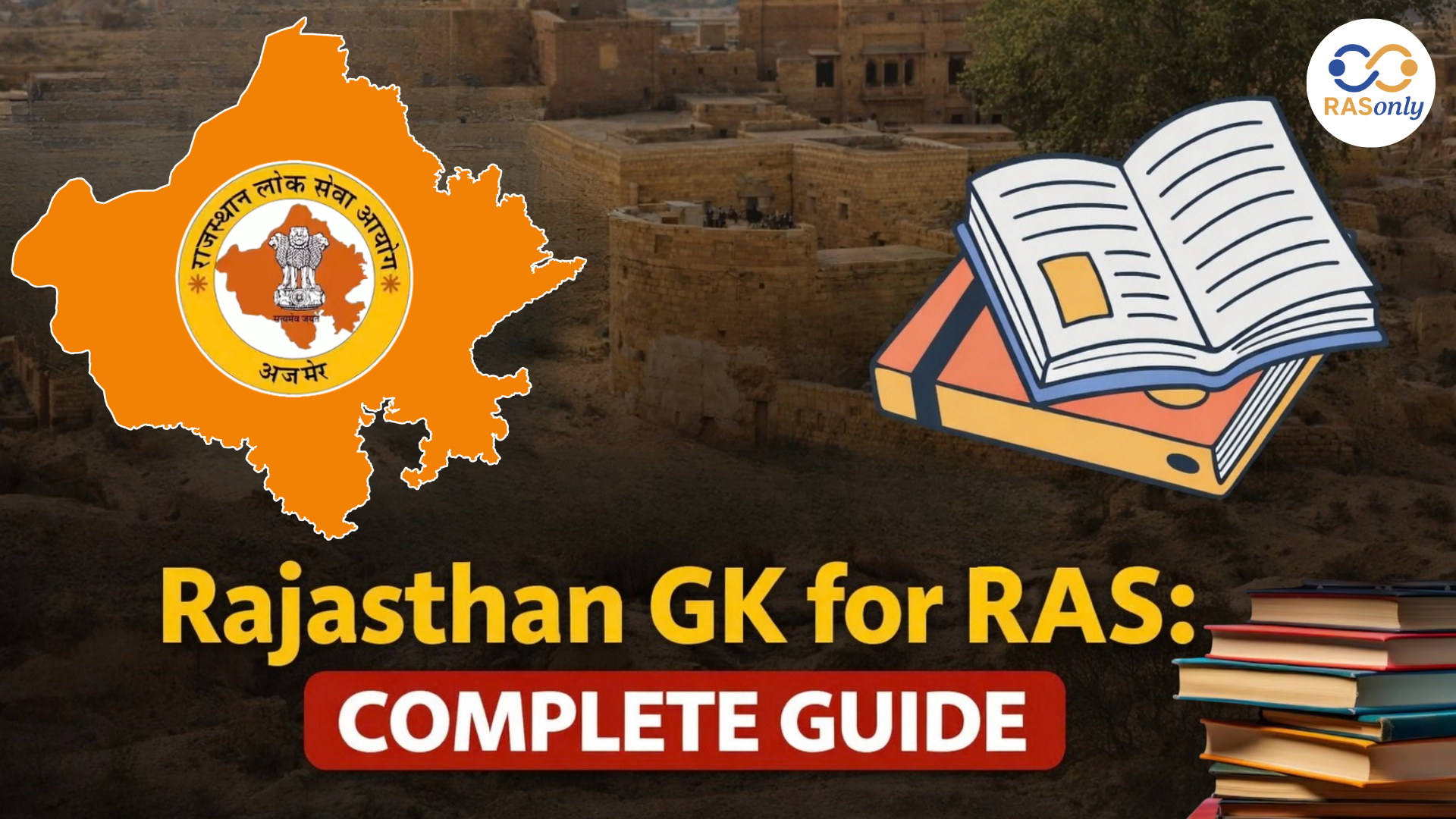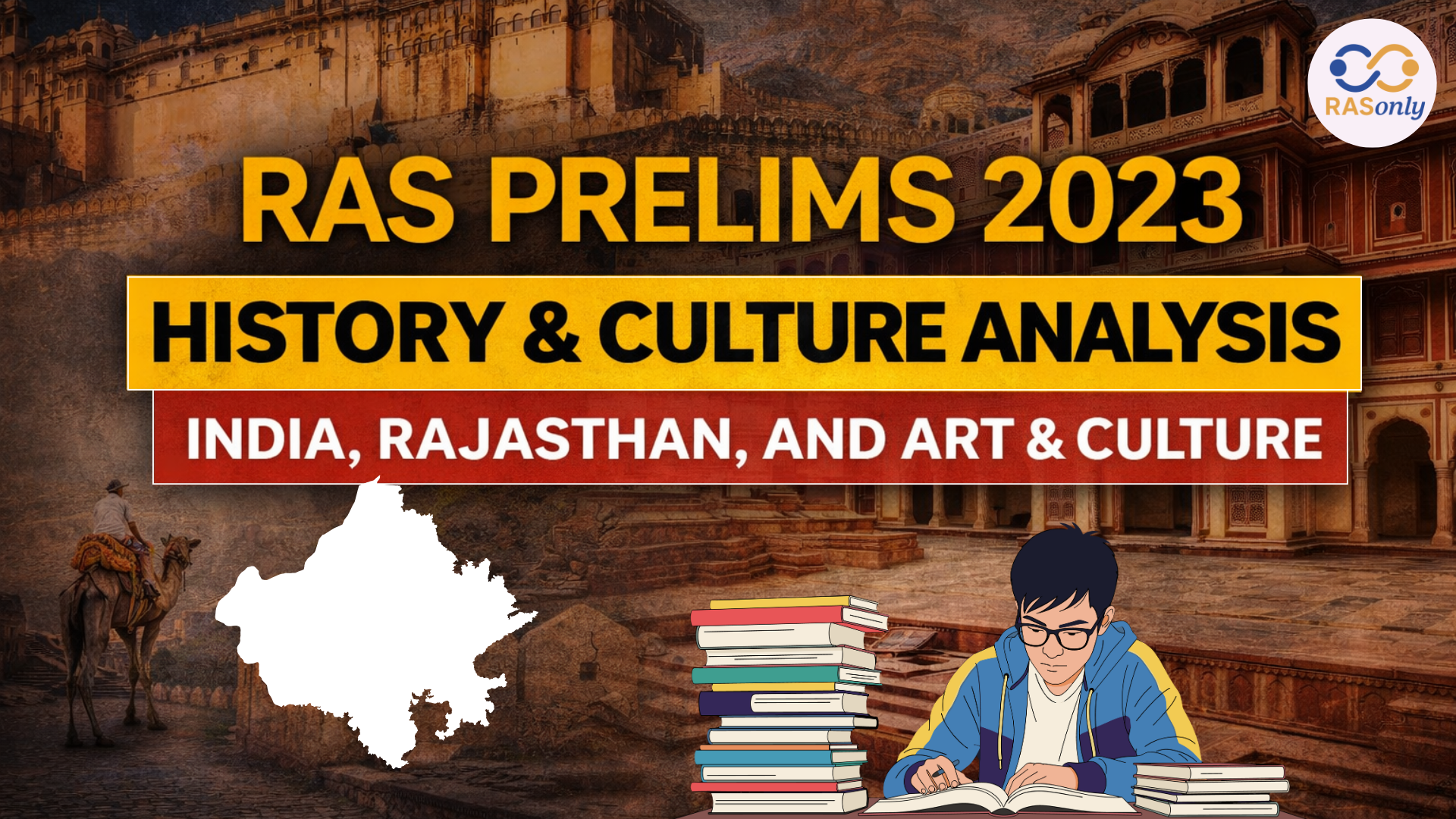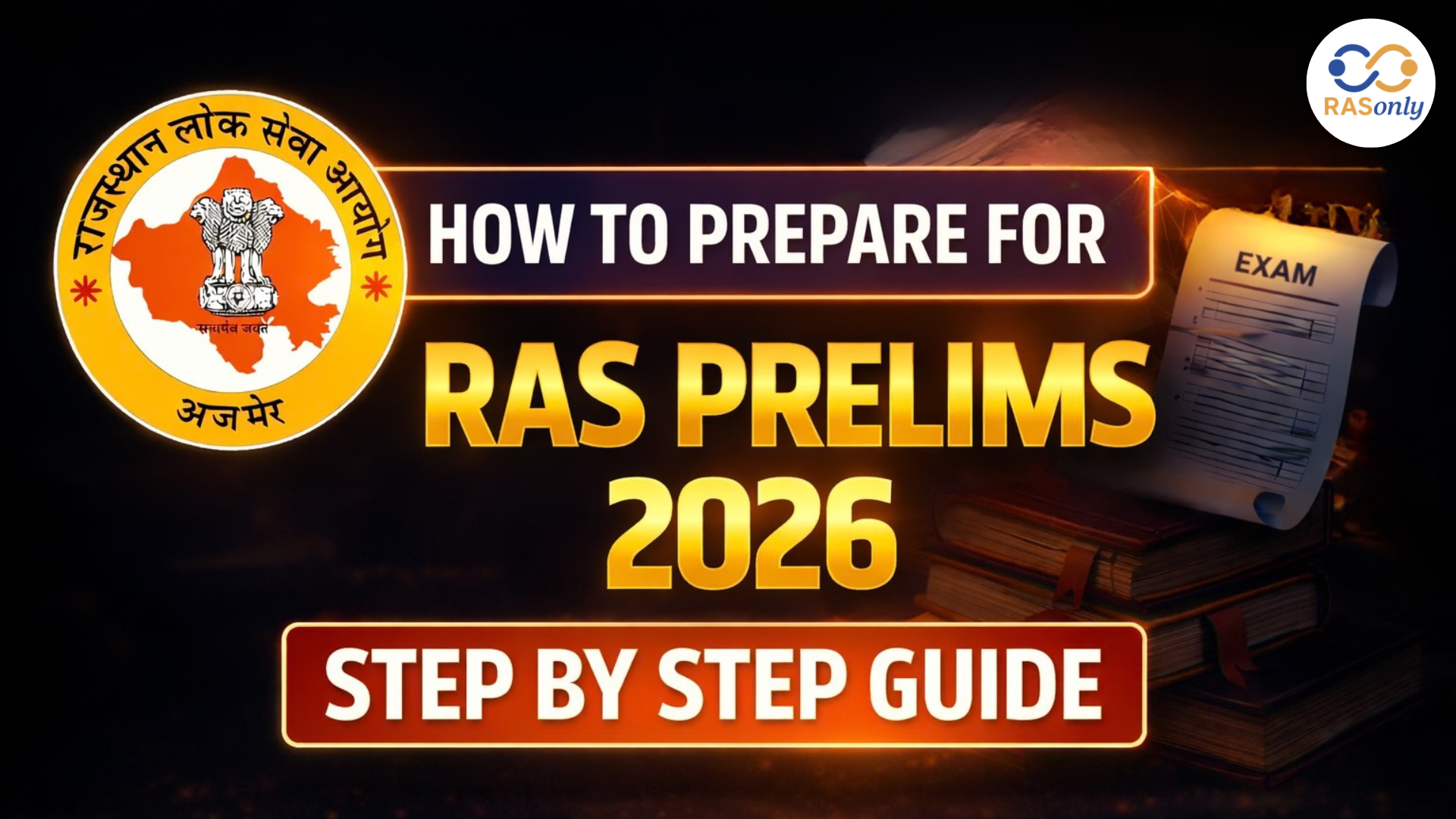RPSC RAS 2026 Subject Wise Exam Pattern for Prelims, Mains & Interview Details
- >
- RAS Preparation Resources
- >
- Regionalism
Regionalism

Get in Touch with RASonly!

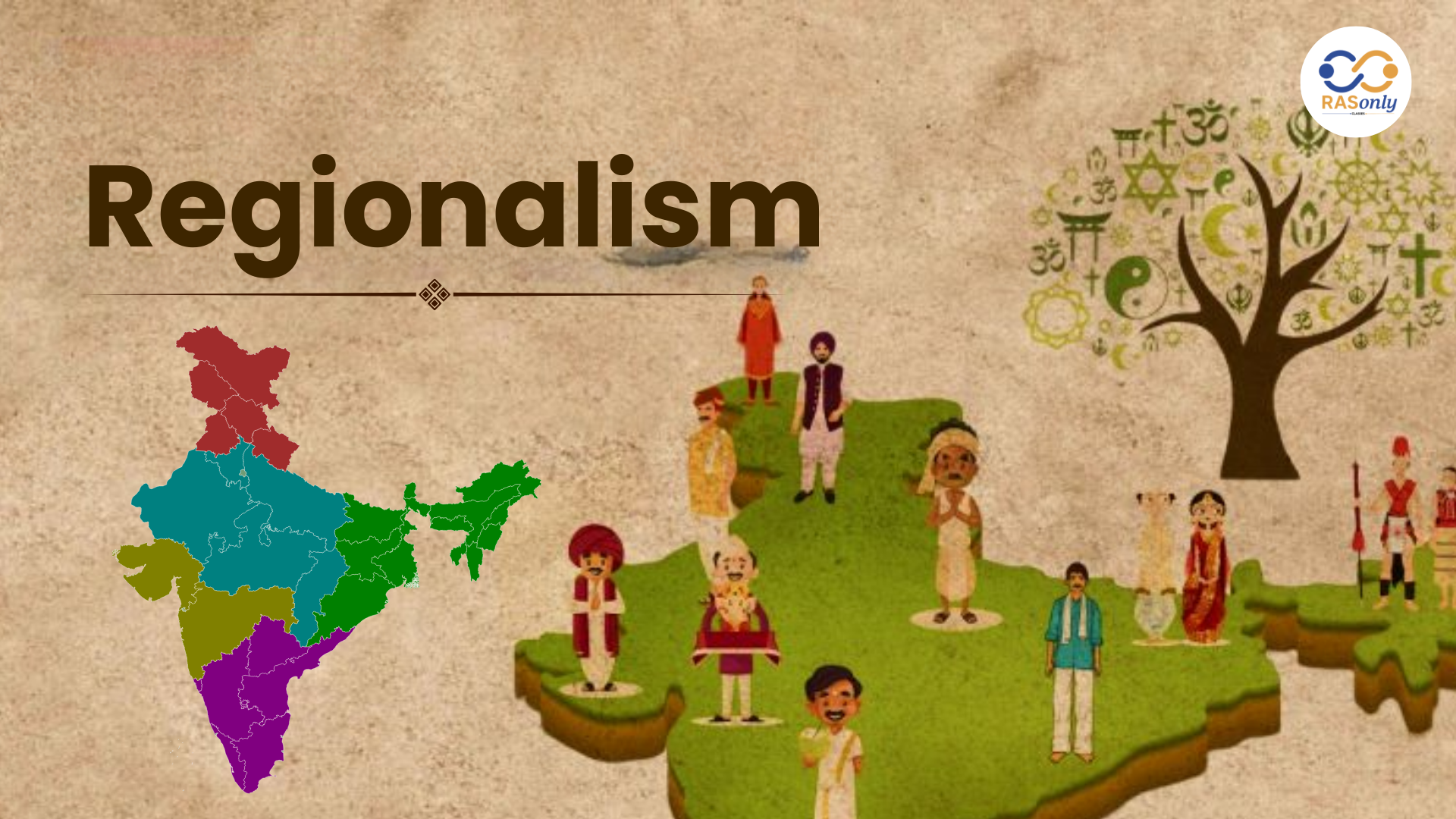
Regionalism is described to be the sense of belongingness and attachment of a person to a region and the sense of loyalty to it, collective identity of people to the geography, language, culture/ethnicity or even economical interest. In India, it was regionalism that has welded it together as well as the same has divided India. As much as it diminishes transnational identities, uncontrolled regionalism can at times act out to undermine national integrity.
Key Points for RAS Mains
Evolving Regionalism in India
- Colonial Period The British had policies of uneven growth, regional inequalities were established on a deep level, leading to regional identities.
- Post-Independence:
- Agitation to have linguistic reorganization of states: This fruit achieved by demand of linguistic reorganization of states had started off in the 1950s by the hunger strike of Potti Sriramalu (1952), and then culminated in the creation of Andhra Pradesh, and later the States Reorganization Act, 1956.
- 2000s: Jharkhand, Chhattisgarh and Uttarakhand were carved out (2000).
- 2014: Formation of Telangana out of Andhra Pradesh with complaints of regional ignorance in developing and governance.
Causes of Regionalism
- Linguistic and Cultural Identity- Dravidian movements in Tamil Nadu on the basis of language pride.
- Ethnocentrism -Natives claiming authenticity to issues about the place they live i.e. Marathi Manoos in Maharashtra.
- Tribal Identity- Demand to maintain tribal identity and handle socio and economical negligence of Jharkhand.
- Unequal Distribution of Resources-In Darjeeling GNLF because of the lack of resources that are unequally distributed in South Bengal.
- Development and Administrative Problems - Telangana movement because of disparities in development and in-attention to governance.
Effects of Regionalism
Positive Impact
- Federalism: Instigates states to take their independent stand, becoming more democratic on the federal level.
- Greater Political Representation: Regional and local concerns are put on the agenda.
- Cultural Diversity: Encourages multicultural and multiethnic background of India.
- Democratic Enforcement of Local Expression of Will: Violent secessionism grows with regional non-recognition of veterans.
Negative Impact
- Potentially dangerous to National Unity: May provide separatist or secessionist leanings.
- Bias & Discrimination: “Son of the Soil” ideology which typically results in attacks on migrants (e.g, targeted attacks on laborers).
- Political Fragmentation: The unstable coalition politics can be brought by the rising of regional parties.
- Regional vs. National Interests: Interests of the region may be overruled by national development interests.
Way Forward
- National Unity: Encourage national identity by educating and creating awareness.
- Cultural Composure: Enhance such initiatives as Ek Bharat Shreshtha Bharat to make cultural exchanges among states.
- Empowering Federalism: Favour cooperative federalism and devolution and preserve the integrity of the nation.
- Inclusive Development: Stem the gaps between different regions in the country via economic-specific programs, investment in infrastructure, and creation of employment.
- Moderation in Union Overreach: Union Government must not overstep it Marks as state autonomy not allowed except where it comes to national interest.
Conclusion for RPSC RAS Mains
Regionalism in India is a two-edged phenomenon. Although it safeguards cultural identities and enhances democracy, excessive regionalism can destroy national integrity. The answer can be seen in inclusive growth, cooperative federalism and Indianness to promote the idea that the regional interests must be seen to be absorbed within the whole fabric of Indian nationalism. As India now aims to be a global power state it is important to have regionalism to work in a positive way and protect the spirit of Unity in Diversity.
Also Read: Communalism in India
Also Read: Dowry in India
Also Read: Sanskritization
Post Category
- RAS Salary
- Result
- RAS Admit Card
- RAS Job
- RAS Cutoff
- Preparation Tips
- RAS Answer Key
- RAS Exam Analysis
- RAS Syllabus
- RAS Previous Year Papers
- RPSC RAS Exam Pattern
- RAS Interview
- RAS Mains Exam Date
- RAS Vacancy
- RAS Test Series
- RAS Best Books
- RAS Preparation Resources
- RAS Coaching Centre
- History
- Polity
- Geography
- Economics
- Science
- Art and Culture
- RPSC RAS Application Form
- RPSC RAS Notification
RASonly Interview Guidance Program

Mr. Ashok Jain
Ex-Chief Secretary Govt of Rajasthan
- IAS officer of the 1981 batch, Rajasthan cadre.
- Passionate about mentoring the next generation of RAS officers with real-world insights.
- Got retired in Dec 2017 from the post of Chief Secretary of the state of Rajasthan.

Mr. Guru Charan Rai
Ex-ASP / SP in Jaisalmer
- Guru Charan Rai, IPS (Retd), retired as Inspector General of Police (Security), Rajasthan, Jaipur in 2017.
- Served as ASP and SP in Jaisalmer, Nagaur, Sri Ganganagar, Sawai Madhopur, Dausa, Sikar, and Karauli.
- He also held key positions as DIGP and IGP in the Law and Order division.

Mr. Rakesh Verma
Ex-IAS Officer, B.Tech, MBA, and M.A. (Economics)
- IAS officer of the 1981 batch and retired in Chief Secretary Rank.
- Civil servant of high repute and vast experience.
- Has been teaching UPSC CSE subjects for the last six years.
Related Post
Daily Current Affairs for RAS Exam Preparation 2026
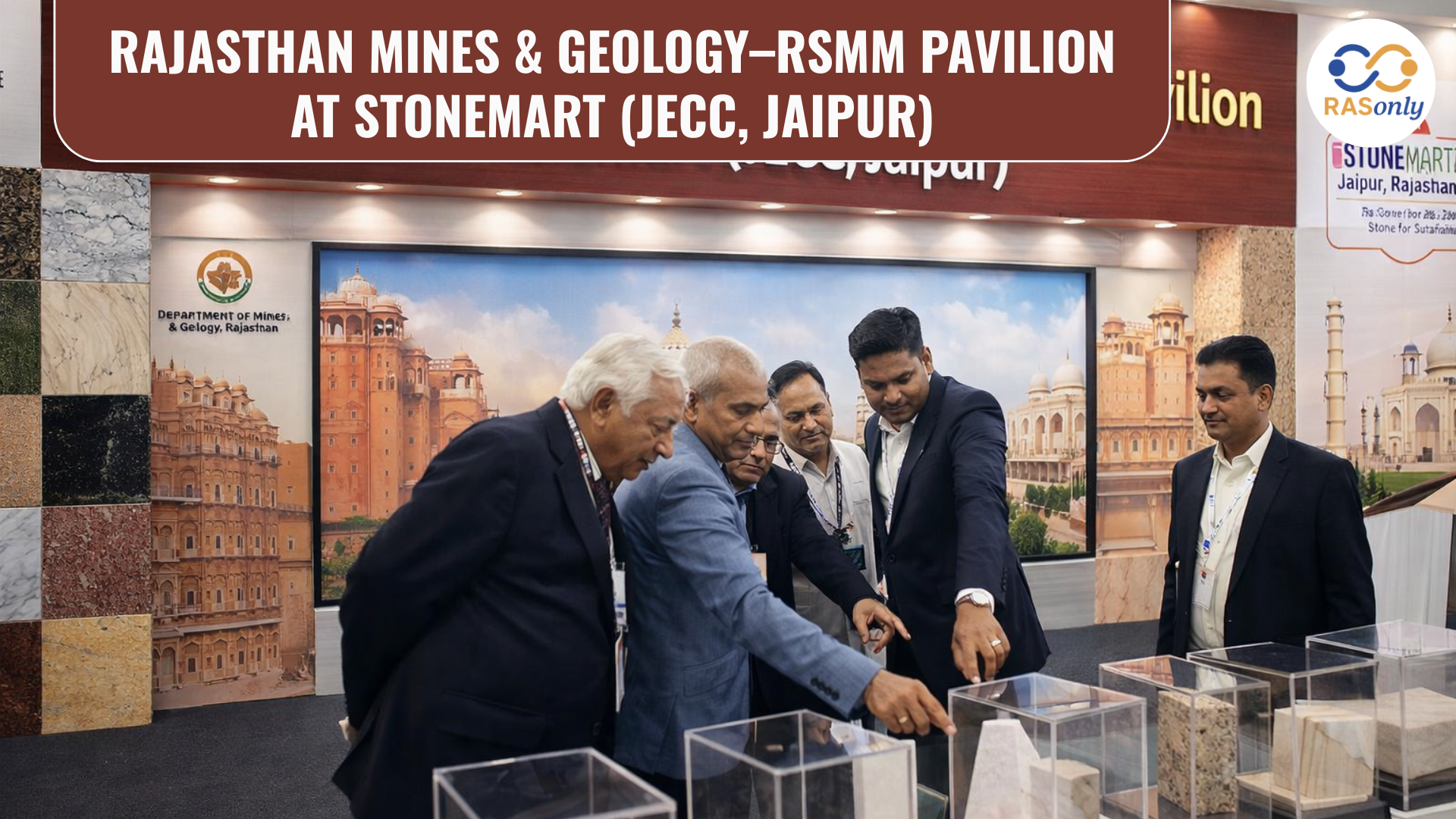
Rajasthan Pavilion Shines at Stone Mart Jaipur 2026
February 07, 2026
Rajasthan Achieves 3,000 MW Under PM-KUSUM Scheme
February 07, 2026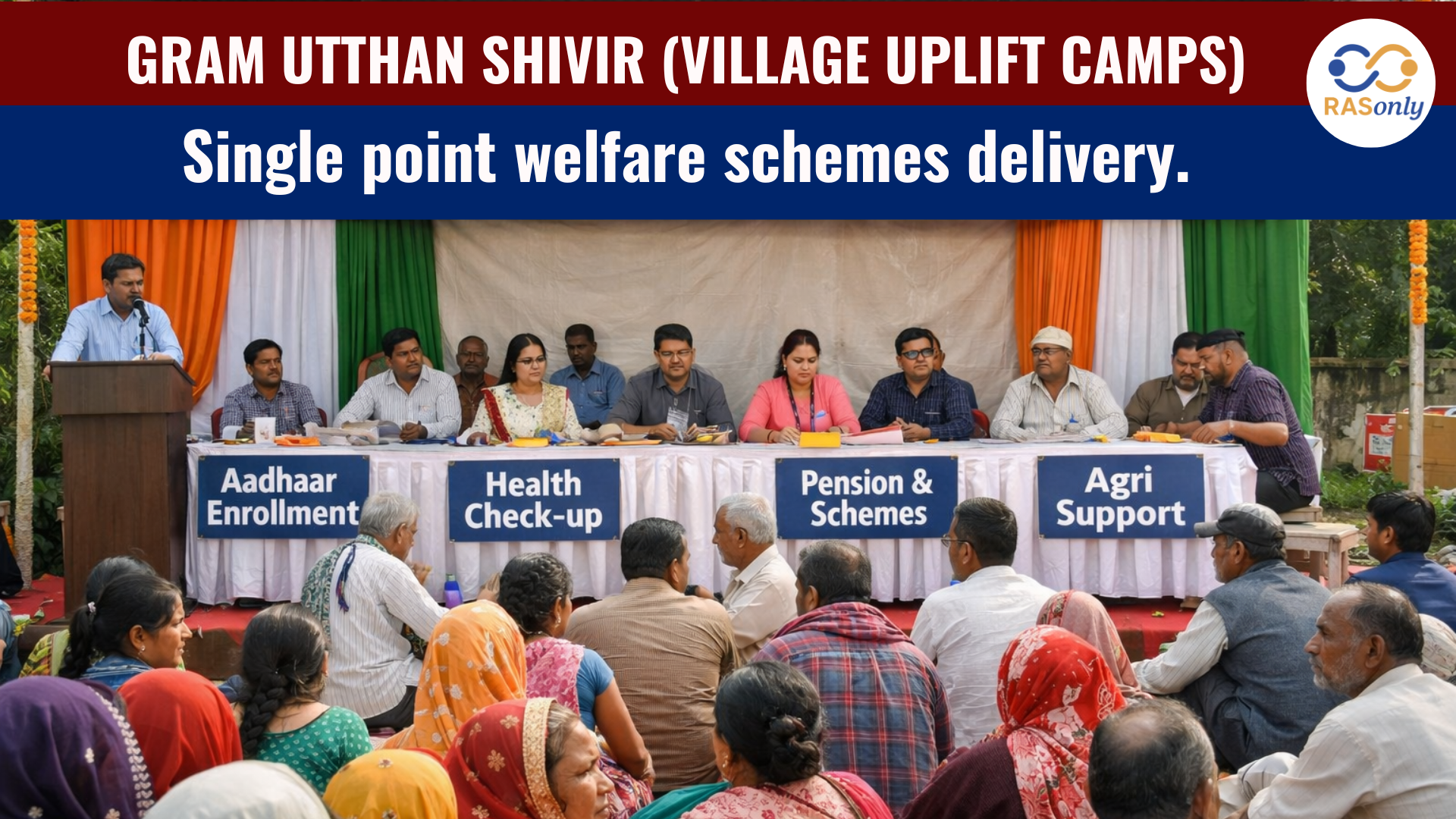
Gram Utthan Shivirs Strengthen Rural Governance in Rajasthan
February 07, 2026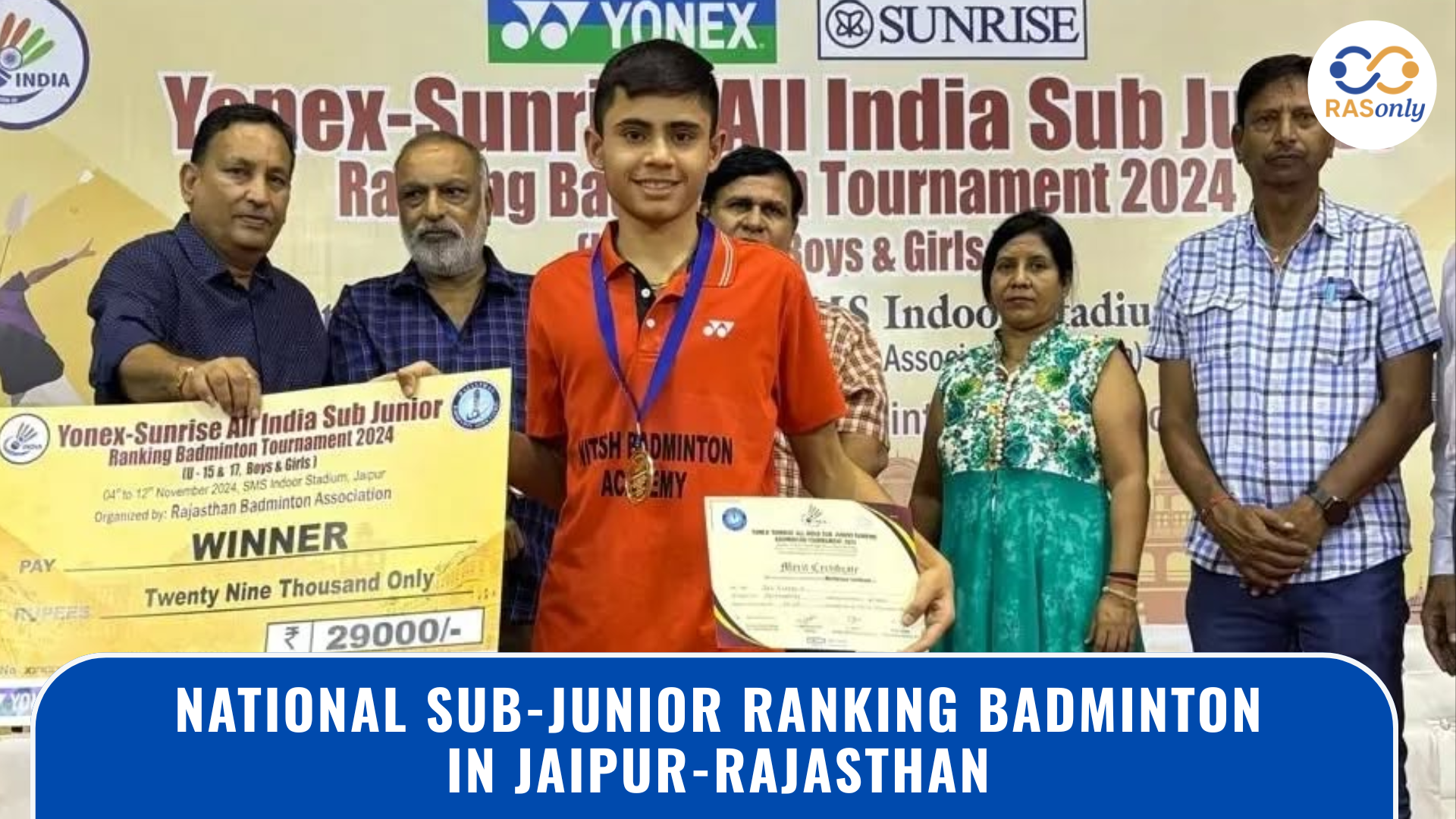
Jaipur Badminton: 72-Minute U-15 Final Creates Record
February 06, 2026👉🏻 Register Today to Join Classes! 👍🏻
- Team RASOnly -
🎯 Benefits of RASOnly Coaching:
- ✅ 1:1 Mentorship with RAS Officers
- ✅ Experienced and Expert Faculty
- ✅ Free Library Access
- ✅ Daily Minimum 4 Hours Must
- ✅ Comprehensive Study Material
- ✅ Regular Tests & Performance Analysis
- ✅ Personalized Guidance & Doubt Solving
- ✅ Online & Offline Class Options
- ✅ Affordable Fees with Quality Education
Key Highlights:
- 👉🏻 3-Day Refund Policy
- 👉🏻 New Batch Starting from 04 August
- 👉🏻 Registration Amount: Only ₹1000




